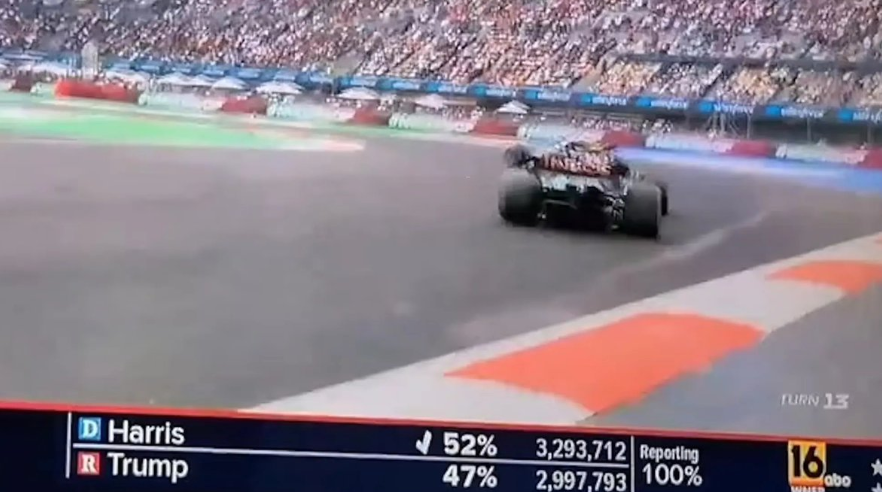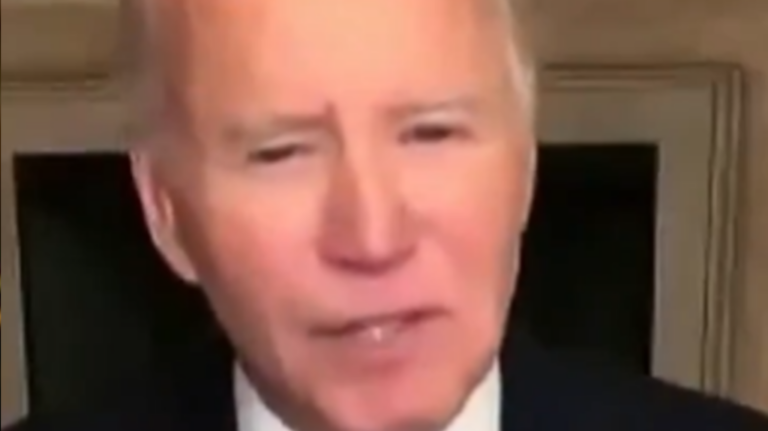
In recent years, mainstream music has taken a darker turn, with lyrics glorifying violence, drugs, and sin. The latest example is That Mexican OT, a Texas rapper who seems to be embracing this trend wholeheartedly. With tracks like “The Devil’s Tango” and “Johnny Dang,” his songs reflect a culture obsessed with materialism, self-destruction, and rebellion against decency. But at what cost?
“The Devil’s Tango” – Dancing with the Devil
The title alone, “The Devil’s Tango,” spells out a clear message: this isn’t about uplifting listeners or sharing meaningful insights. Instead, the song revels in imagery that embraces darkness. Lyrics such as, “she know I’m the devil but still want to dance with me,” showcase an attitude that almost flaunts immorality. This isn’t a casual metaphor; it’s a declaration that aims to draw listeners into a destructive fantasy where the allure of sin outweighs any call for restraint.
These lyrics serve as an invitation to abandon reason, inviting listeners to idolize criminal behavior. While some may argue this is all in the name of artistic expression, the dangerous impact of this kind of content is all too real. When artists glorify destructive behaviors, their fans—especially younger, impressionable ones—are encouraged to imitate these actions or at least view them as “cool” or “rebellious.” And what do they gain? A life bound for chaos, a culture fixated on self-destruction.
THAT MEXICAN OT IS GOING TO HELL pic.twitter.com/cSp6GrT9MD
— Iyan Velji (@IyanVelji) October 31, 2024
Lyrics of Madness: “Johnny Dang” and the Appeal to Pure Materialism
“Johnny Dang” doesn’t paint a better picture. With lines like “Right pocket got money, left pocket cocaine,” it’s a perfect example of everything wrong with modern pop culture. It glorifies a lifestyle centered around money, drugs, and violence. The track reduces life to a series of vices, where success is measured by how much wealth and power one can flaunt, even if it’s ill-gotten. And let’s not overlook lines like, “I’m a dirty bay baby from dirty bay with a dirty K / Slide down your block, light it up with flames,” which boast about street violence like it’s just another weekend activity.
The disturbing part? This isn’t even remotely subtle. These lyrics openly glorify illegal and immoral activities, without a hint of introspection or regret. There’s no attempt at a redeeming message or an acknowledgment of the consequences that accompany these choices.
Is It All Just for Show?
Some will defend That Mexican OT by saying this is just a persona, that he’s playing a character. But is that enough to excuse the impact this music has on listeners? Words have power, especially when amplified by a catchy beat and repeated ad nauseam. When artists glorify violence and hedonism, they help normalize these behaviors.
We live in a time when mental health crises, violence, and drug addiction rates are through the roof. The very culture that mainstream media and some artists like That Mexican OT glorify is the same one tearing communities apart. This isn’t a character-building narrative—it’s an assault on everything that once represented stability, faith, and family.
EMINEM IS GOING TO HELL pic.twitter.com/0iM0c7Rusj
— Iyan Velji (@IyanVelji) October 30, 2024
The Way Forward: Rejecting the Darkness
What the world needs now isn’t more songs promoting chaos, but artists who inspire and uplift. There was a time when music played a powerful role in inspiring communities, fostering unity, and even providing solace during hard times. We should demand the same today.
Music can be an incredible force for good, but it requires artists willing to use their talents responsibly. The best response to songs like “The Devil’s Tango” isn’t to give it airplay or views—it’s to recognize the emptiness it brings and refuse to let it shape our lives.
For those who respect traditional values and believe in the importance of moral boundaries, the choice is clear. Let’s choose music that uplifts rather than degrades. Let’s choose messages of strength and integrity over songs that romanticize life on a downward spiral.





